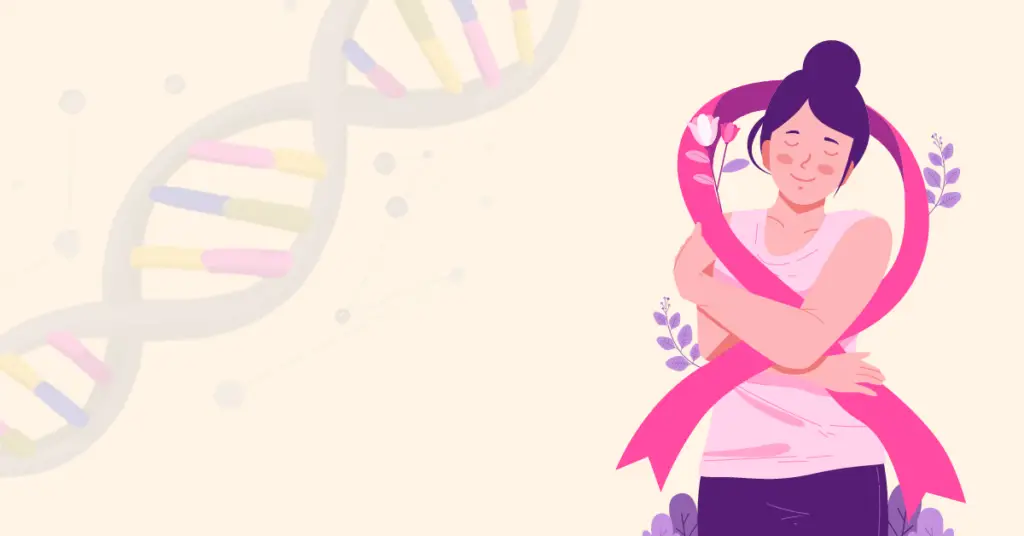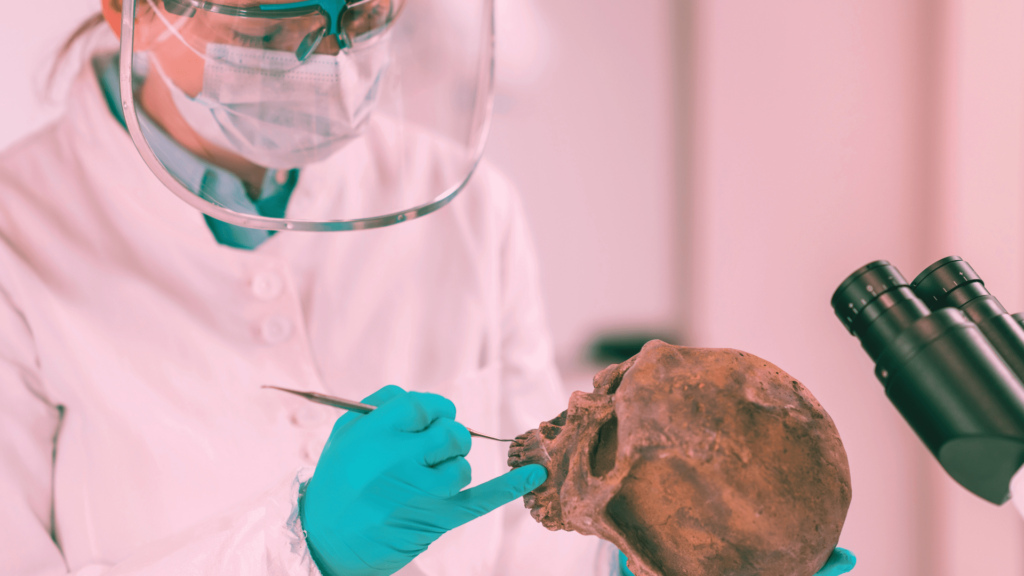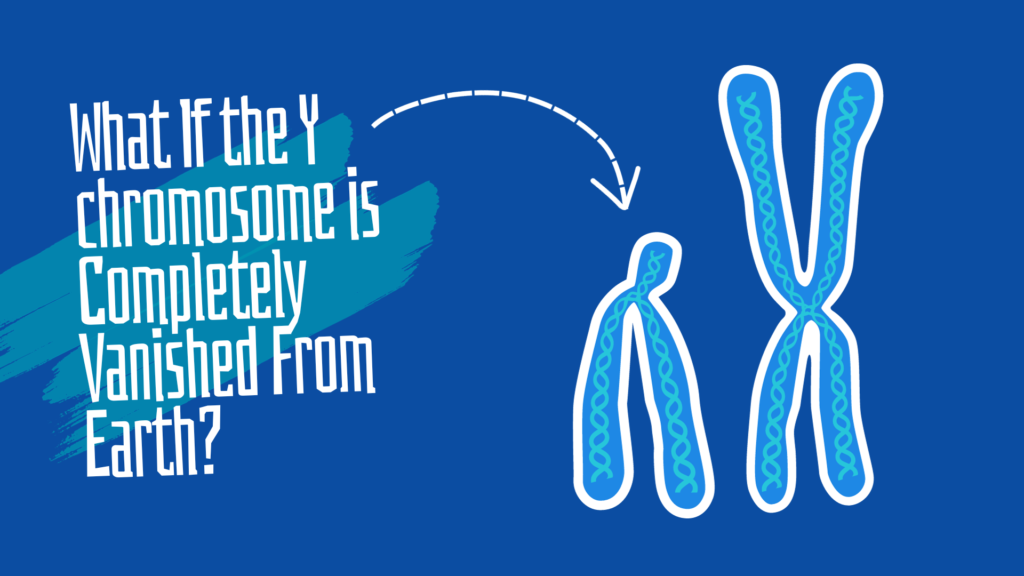“Recent research identified a new BRCA2 gene variant R2645G that induces genomic instability, excessive homologous recombination and increased sensitivity to certain drugs.”
Disclaimer: The content presented herein has been compiled from reputable, peer-reviewed sources and is presented in an easy-to-understand manner for better comprehension. A comprehensive list of sources is provided after the article for reference.
Related article: How is the Genetic Testing for Breast Cancer Performed?
Alvaro-Aranda et al. Dec 24, 2023; Journal of Nucleic Acid Research: The BRCA2 (Breast Cancer 2) gene is located on the long arm of chromosome 13 at position 13q13.1.
It is a tumor suppressor gene and approximately 84 Kb in length. The gene comprises 27 exons. Mutations in any of the exons increase the risk of various types of cancer such as breast, ovarian and prostate cancer.
DNA repair by homologous recombination is a key function of the present gene. This mechanism repairs the dsDNA breaks and continues effective replication. The protein encoded by the BRCA2 gene exchanges genetic material between homologous DNA strands during the repair process.
Thereby, it maintains genomic stability. Mutations within the BRCA2 gene have been associated with breast and ovarian cancer. A recent study published on Dec 24, 2023, in the Journal of Nucleic Acid Research, found a new variant dysregulating the whole process.
Alvaro-Aranda et al. identified the R2645G variant during their in vitro experiment and demonstrated its implication on genomic stability and homologous recombination.
Techniques like site-directed mutagenesis, protein expression assay, FBTSA, Electrophoretic Mobility Shift Assay, Subcellular Fractionation, GFP-trap, Western Blotting, MTT viability test, BRCA2 complementation assay. Homologous Recombination test and metaphase chromosome analysis have been utilized in the present research.
The whole experiment was backed by extensive statistical and computational analysis.
The interaction between the BRCA2 and DSS1 protein induces the homologous recombination process. Particularly, the highly conserved domain on the C-terminus end of the gene– BRCA2CTD participates in DSS1 protein-mediated interaction.
The folded nature of BRCA2CTD binds to the single-stranded DNA and with the help of the DSS1 protein it performs the DNA repair process. The present study reported unexpectedly higher ssDNA binding activity in the R2645G allele. This leads to unstable genomic activities.
Alvaro-Aranda et al. expanded the present study and reported the role of the present variant on human cells and other mice models. Human cells expressing the R2645G variant show higher recombination activities, genomic instability and increased sensitivity to PARP inhibitors.
While in mouse embryonic stem cells, the present variant confers sensitivity to cisplatin and Mitomycin C.
In addition to this, using the multifactorial likelihood model, the present variant is classified as likely benign. The clinical consequences are profound and may cause complications for individuals.
In conclusion, the finding suggests that the interaction between BRCA1CTD and ssDNA (mediated by DSS1 protein) needs to be tightly regulated to prevent excessive homologous recombination and genomic instability.
However, the present variant is classified as a rare breast cancer variant or variant of uncertain significance. More research and new findings are required to validate the role of the present variant.
Understanding the implications and molecular mechanisms helps us understand how important the process of gene regulation is and why it should occur in a highly controlled manner.
BRCA gene mutations contribute to widespread health concerns, impacting millions of women globally with breast and ovarian cancers. Ongoing research is essential for a deeper understanding of these conditions and the development of effective prevention and treatment strategies.
Read more: Breast Cancer Genetics- Genes, Mutations, Inheritance, Testing and Diagnosis.
Source:
Lucia Alvaro-Aranda, Ambre Petitalot, Yasmina Djeghmoum, Davide Panigada, Jenny Kaur Singh, Åsa Ehlén, Domagoj Vugic, Charlotte Martin, Simona Miron, Aida Contreras-Perez, Naima Nhiri, Virginie Boucherit, Philippe Lafitte, Isaac Dumoulin, Etienne Rouleau, Eric Jacquet, Lidia Feliubadaló, Jesús del Valle, Dominique Stoppa-Lyonnet, Sophie Zinn-Justin, Conxi Lázaro, Sandrine M Caputo, Aura Carreira, The BRCA2 R2645G variant increases DNA binding and induces hyper-recombination, Nucleic Acids Research, 2023;, gkad1222, https://doi.org/10.1093/nar/gkad1222.
Subscribe to our weekly newsletter for the latest blogs, articles and updates, and never miss the latest product or an exclusive offer.





Your article is fantastic. The clearness in your post is cool, and I assume you’re an expert in this subject. With your permission, I’d like to grab your RSS feed to stay updated with forthcoming posts.
Great post! Very informative and well-written. Looking forward to more content from this blog!Thank you